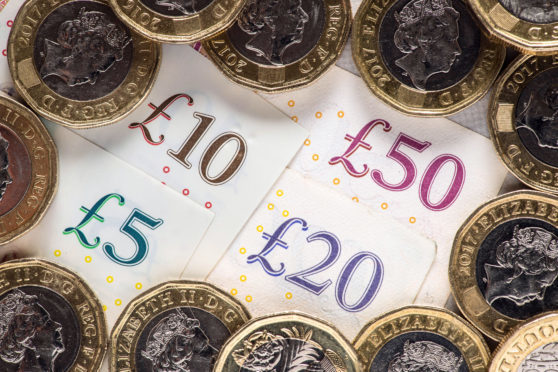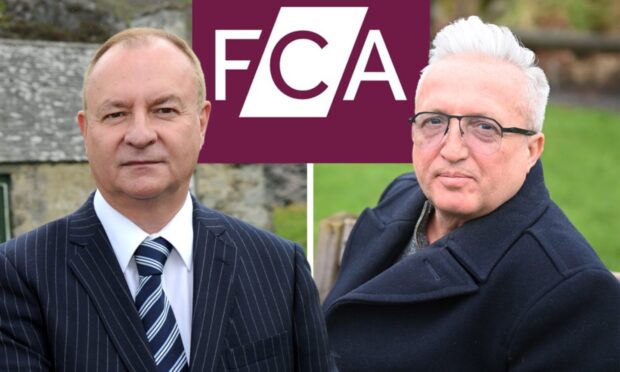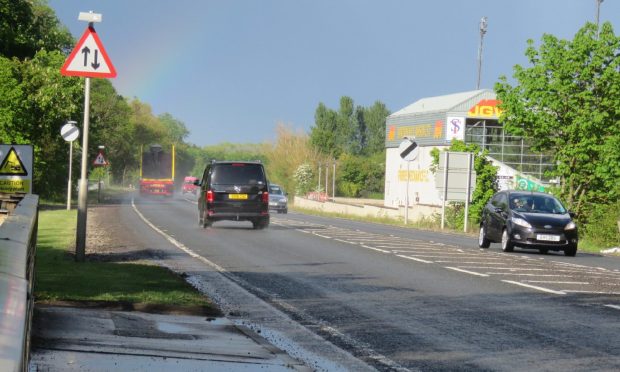North-east firms face a multi-million-pound business rates increase following a Holyrood decision that threatens the rates relief system, it has been claimed.
Local SNP politicians and business organisations have condemned the move by the Conservatives, Labour and Greens to hand full control of the levy to local authorities.
Business rates are currently administered by councils, but they are calculated using a poundage rate set annually by the Scottish Government.
The government also runs a Small Business Bonus Scheme (SBBS), a rates relief system which means many smaller firms pay no rates and others receive a discount.
Businesses have warned that transferring full control over the levy to councils could spell the end of the nationwide relief system and could lead to local authorities ramping up the poundage rate.
But those in favour of devolving business rates to councils believe it will give councils greater flexibility to produce a system which responds to the needs of local enterprises.
The prospect of eye-watering rate rises is a particular concern in the north-east where many businesses are already suffering from punitive bills.
Some businesses have been hammered with six and seven-figure increases over the last few years, because of the 2017 revaluation of companies’ properties – another factor that goes into calculating how much firms pay.
Many north-east business figures were angered that the revaluation failed to reflect the oil and gas downturn and its negative impact on the region’s economy.
Last night, Aberdeenshire East MSP Gillian Martin said giving councils full control over the levy would be “deplorable” for businesses in the area.
More than 7,000 Aberdeenshire firms have benefited from SSBS, saving local businesses £12.6millon in 2018-19 and £83.4m since the scheme was introduced.
Ms Martin said: “The Tories have failed to back the interests of local businesses by voting through an amendment in favour of scrapping business rates reliefs.
“These reliefs have been of great benefit to businesses in my area who have been struggling throughout the oil and gas downturn.”
The change was made by MSPs on Holyrood’s Local Government Committee when they amended the Non-Domestic Rates (Scotland) Bill last week.
Conservative and Labour members outvoted the SNP and backed a Green amendment fully devolving the levy to councils. The legislation has still to be passed by the parliament, but if the SNP’s opponents continue to unite, it will become law.
Director of the Scottish Retail Consortium David Lonsdale said: “Taking business rates out of the hands of ministers and handing control over this £2.8billion tax to councils places a big question mark over existing Scotland-wide rates reliefs, such as those for small firms and charities.”
However, Aberdeen City Council co-leader Jenny Laing backed the change, accused the SNP of “scaremongering” and said businesses had “nothing to fear”.
She said: “I am confident greater local autonomy will provide councils with the flexibility to shape local taxation for the benefit of business growth.”










